

Home intruders are one of the biggest fears for property owners and renters alike. This is especially the case if you live alone or have a young family. If you are looking to improve your home security and peace of mind, there are many options to consider – and not all of them involve expensive home security systems and state of the art smart technology! Whilst such measures certainly can be useful, don’t overlook the basics of home protection such as solid doors, windows and locks and making sure that your home looks occupied. Here are our 18 top tips for improving your security and discouraging criminals from targeting your home.
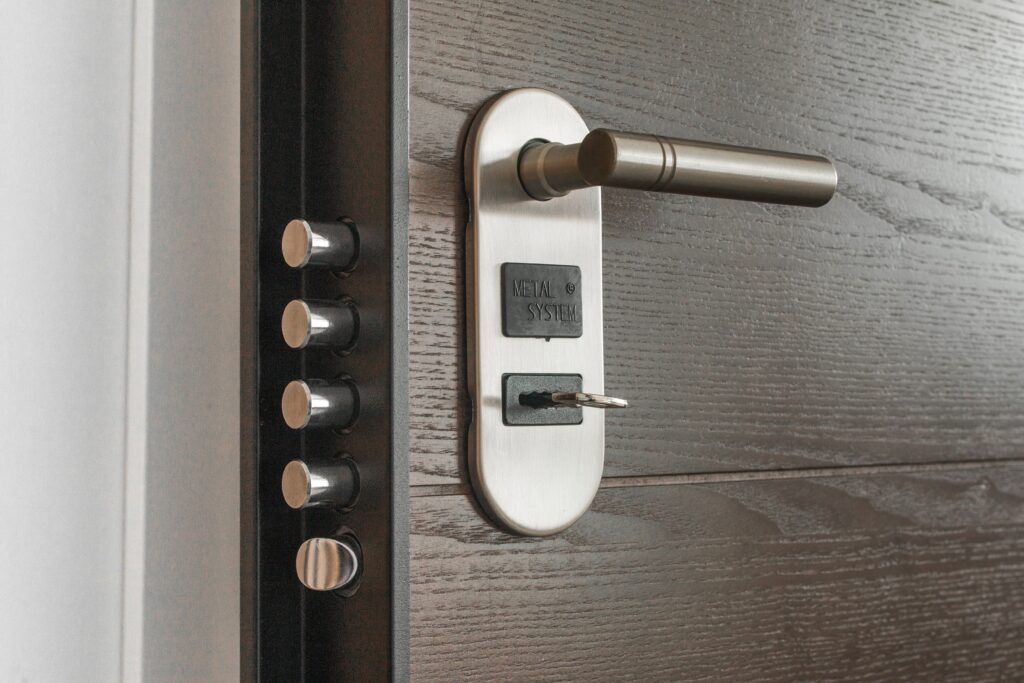
It may seem obvious, but this is the single most important thing you can do to improve your home security. Thieves love an easy target. Did you know that over 30% of home robberies take place with intruders simply walking through the front door? Another 20% of intrusions take place with burglars entering through first-floor windows. With this in mind, even if you live in a relatively safe rural village – make sure to lock your doors and windows whenever you aren’t at home.
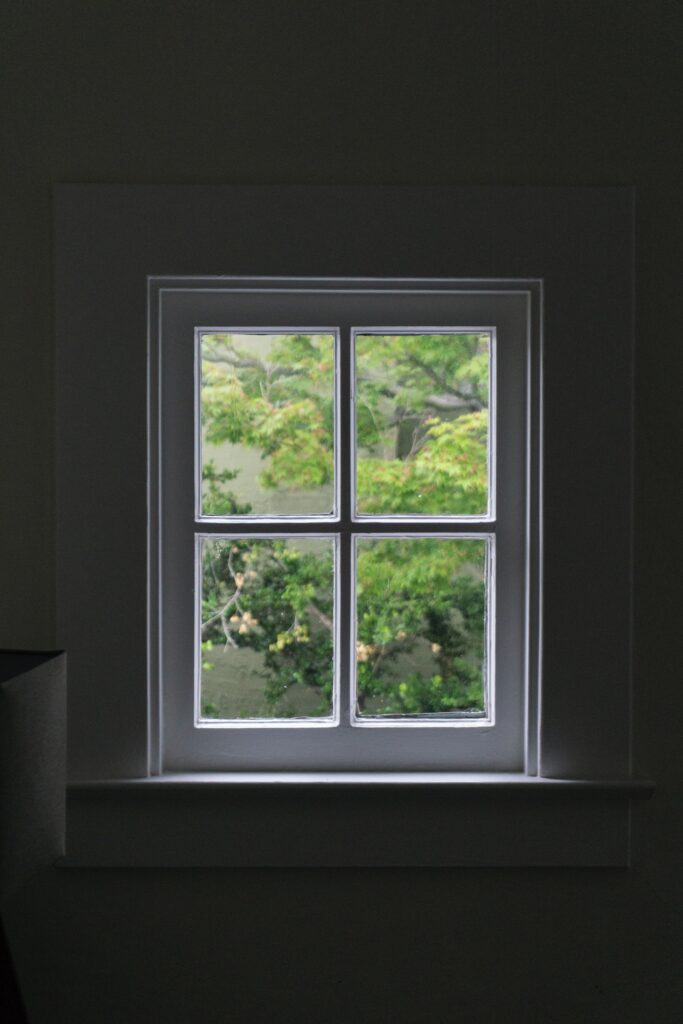
So, you’ve made sure that your windows and doors are safely locked – but have you thought about the quality of your locks? Check for any damage, or if they can be easily picked or forced open. Also think about where you’re storing your keys – could they be easily grabbed through a smashed window? If your locks aren’t doing their job, then it is time to replace them with sturdier versions. This is especially important for front and back doors, which should also be fitted with deadbolts.
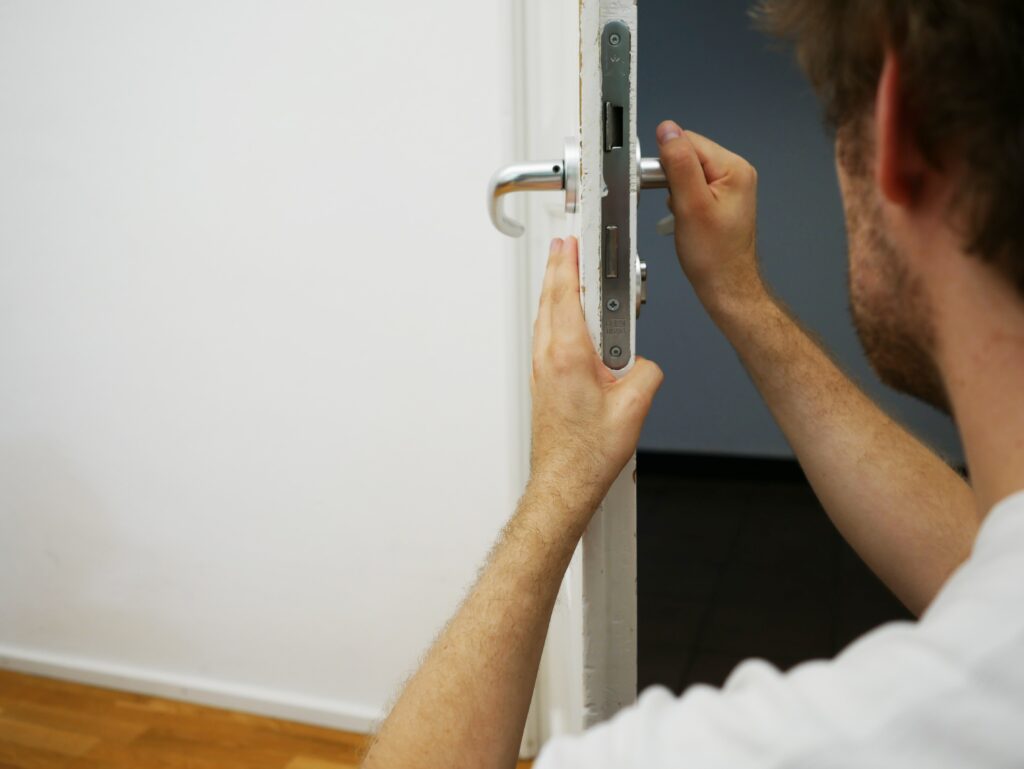
Having made sure that doors and windows are protected with high-quality locks, make sure you haven’t forgotten the state of the doors themselves! If your front door is made from thin, cracked or broken wood – it doesn’t matter how good your lock is. A simple kick is all that’s needed to gain entry. You can purchase door reinforcement kits with hardware to strengthen your door’s weak points or even consider buying a brand-new door.
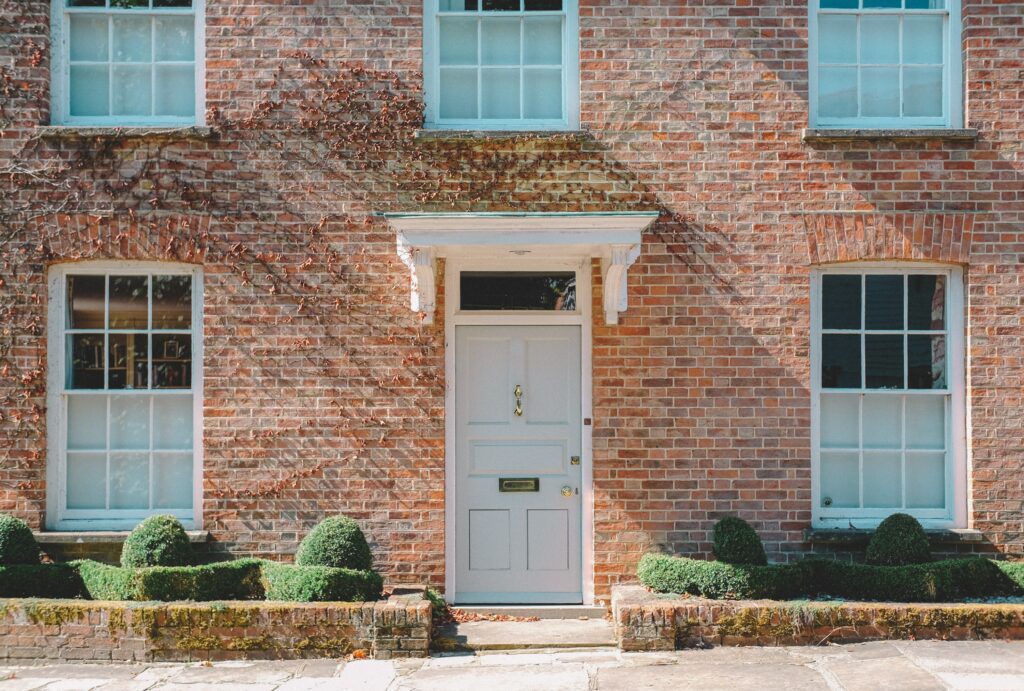
Glass and windows form a weak point in your home’s security. When choosing doors, avoid models with glass near the handle (allowing burglars to simply smash the glass and reach in). Thin, single-pane glazing is also an easier target than more modern windows with visible locks to deter intruders. You could also consider investing in a home security system that has window sensors – sounding an alarm if these points are broken.
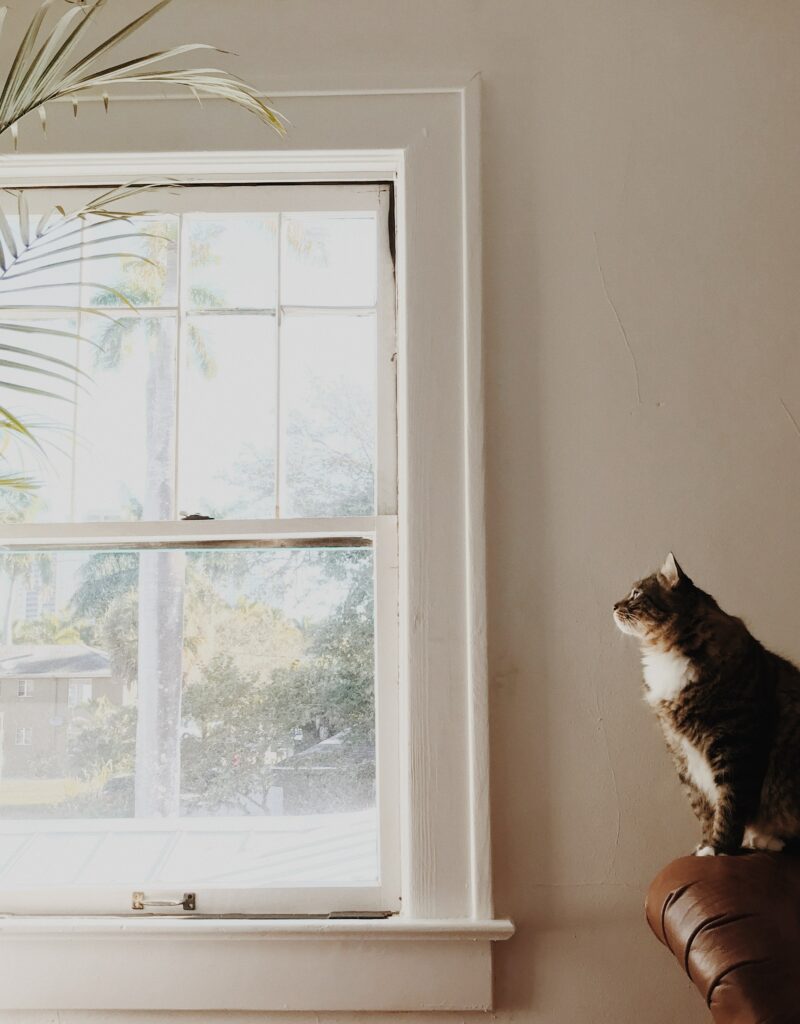
Criminals avoid homes that are well-lit, as it is harder to go unnoticed and keep identities hidden. Use a timer or motion sensor lights around your home. Focus these on pathways and entry points (including garages, front and back doors) and make sure to regularly check that bulbs are working. As well as putting off would-be intruders, they will also be useful next time you take the bins out during those dark nights or early mornings!
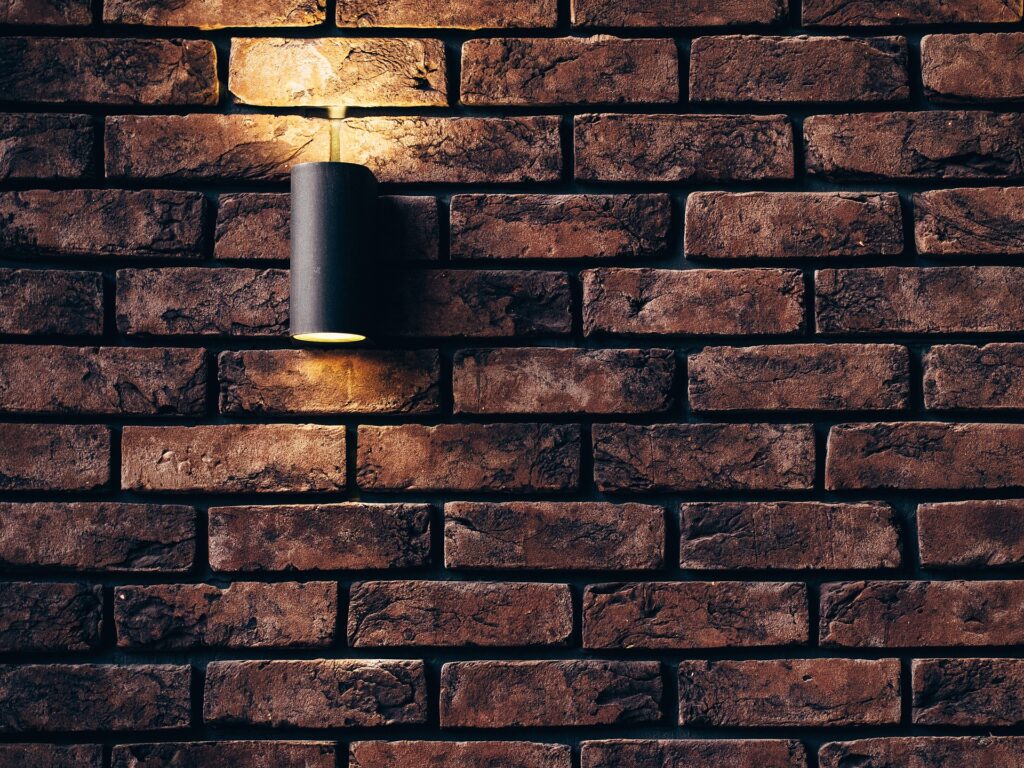
Many homeowners “hide” their keys under doormats, rocks and flowerpots – all easy places for would-be intruders to guess. Instead of hiding keys near your door, consider leaving a set with a trusted neighbour or invest in a combination lockbox installed in a concealed spot. There are even smart door locks available that can be unlocked with a code as well as keys.
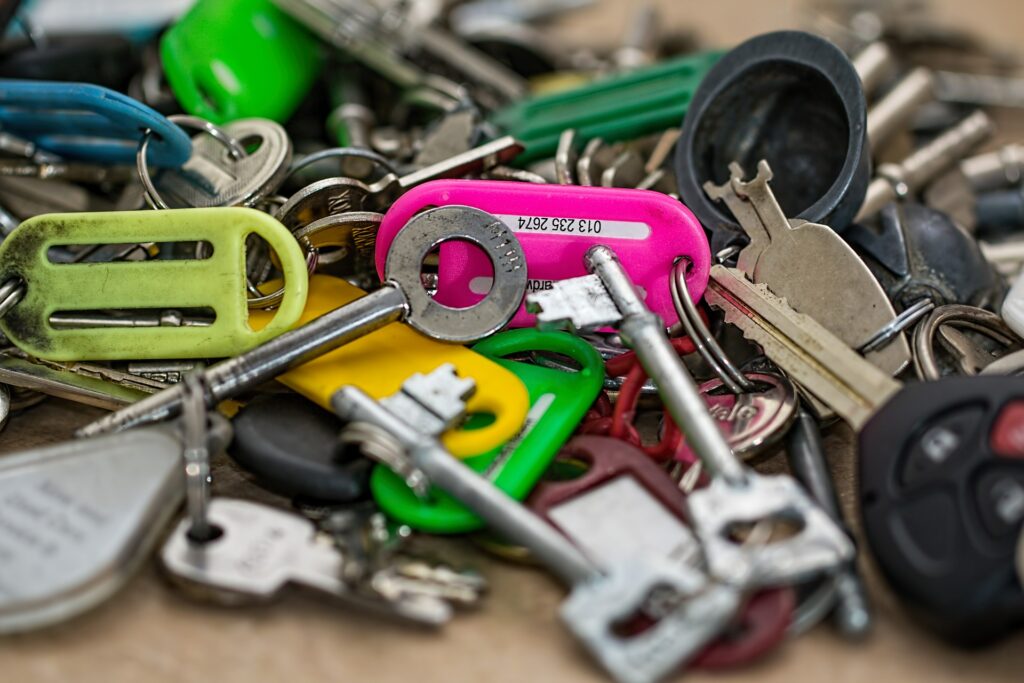
Criminals target homes that look like high-value, easy wins. If you leave expensive items such as tools, cars and bikes outside your home – think about moving them to your (safely locked) garage. For indoor items such as TVs, laptops, jewellery or documents, move them out of direct sight of windows. You should also invest in good quality curtains and blinds to stop people easily scoping your home layout and valuable possessions at night.

Burglars are often put-off if homeowners are in, so don’t let your property look unoccupied! This is especially important if you are going on holiday for an extended period. Ask neighbours if they can collect your post and even keep your garden neat and tidy. One of the most important things you can do is to put interior lamps on a timer system – a soft glow is often all that’s needed to convince intruders that someone may be home.
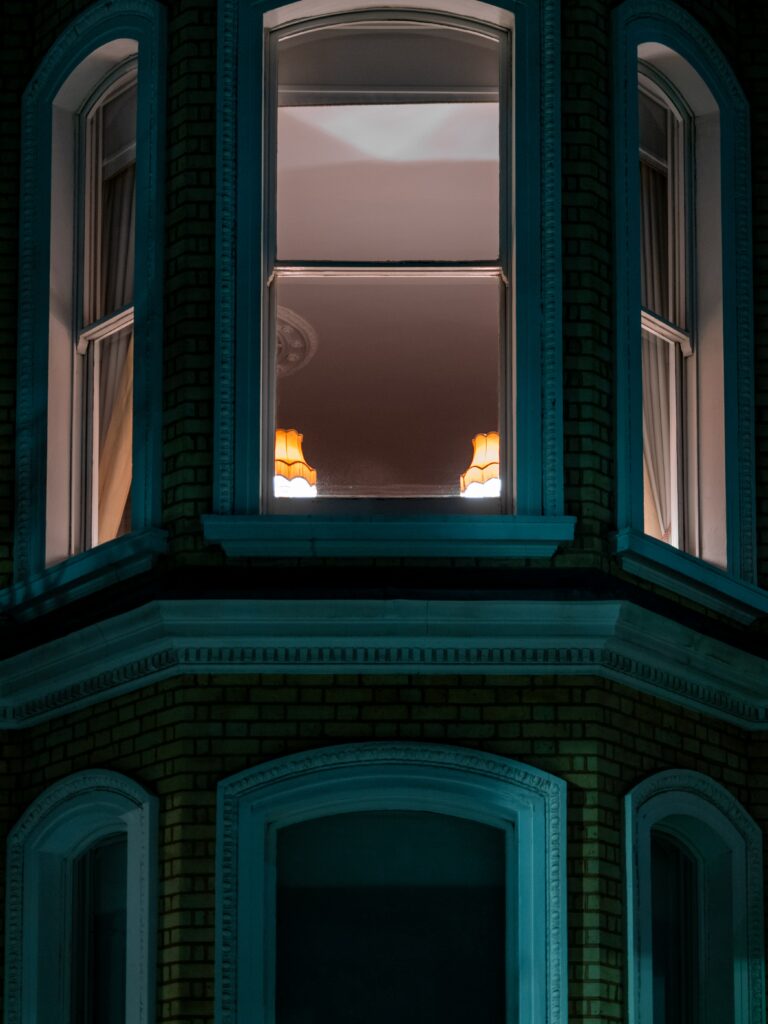
Whilst it can seem tempting from a safety perspective, avoid trying to overly conceal your home with high hedges and fences nearby. Trees, hedges and bushes all offer fantastic hiding places for criminals and obstruct your own line of sight. If fences and hedges are too close to walls and windows, they provide a covered way for burglars to sneak in undetected. They also suggest that you have valuable items worth hiding in the first place.
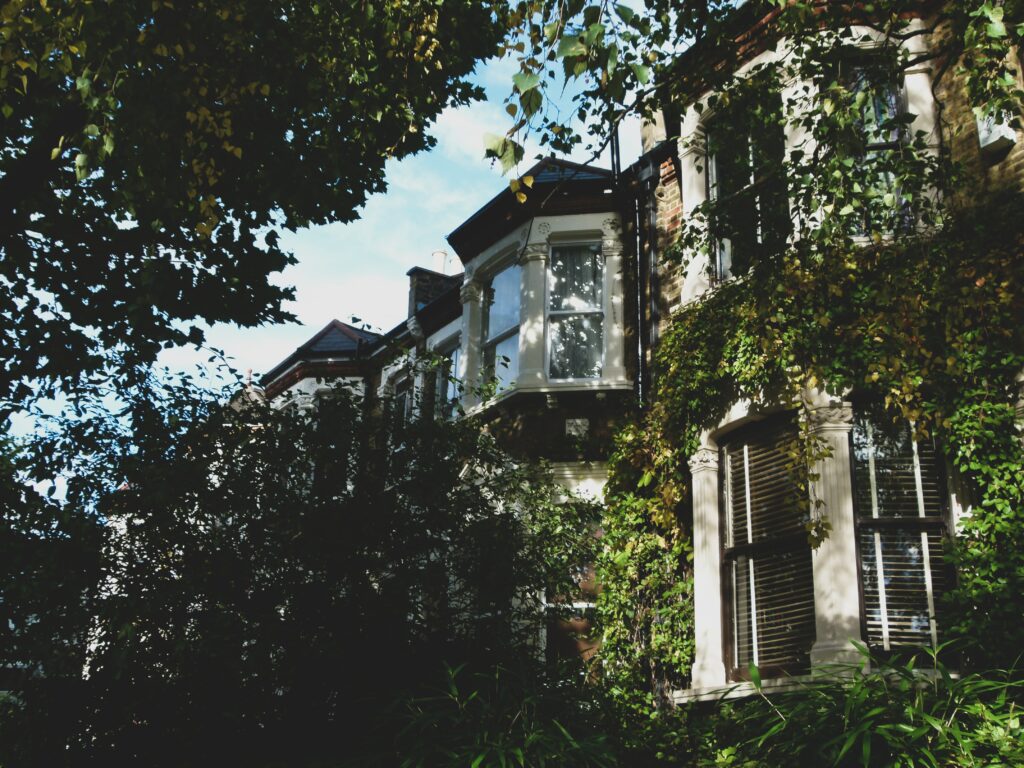
Whilst most burglaries take place through the front door and ground-floor windows, don’t forget to secure your second-floor entry points. Remember that window sensors, locks and high-quality glass are just as important on the second floor. Close your windows at night and when you are away, as well as thinking about items that might help intruders gain entry such as stools, ladders and wooden planks left out in the garden.
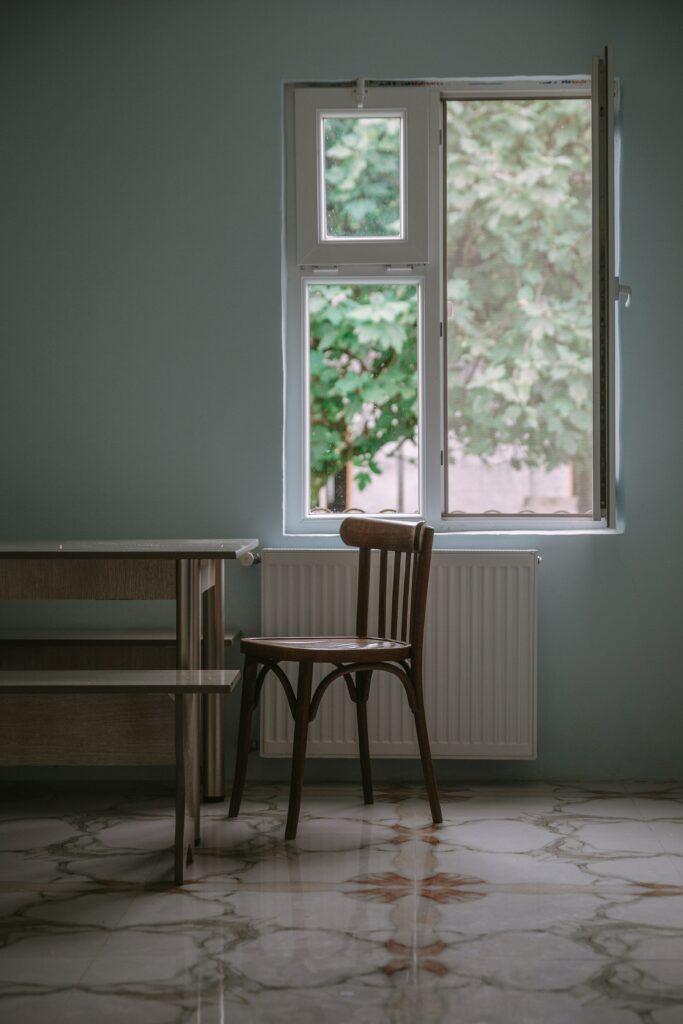
If you are worried about the security of your home, ask a friend or family member for their advice. It can be easy to overlook things that you see every day, but a trusted friend might be able to spot an easy access point. Some police forces or private companies also provide home inspections and advice – so it is well worth seeking professional assistance if you’re serious about improving your home security.
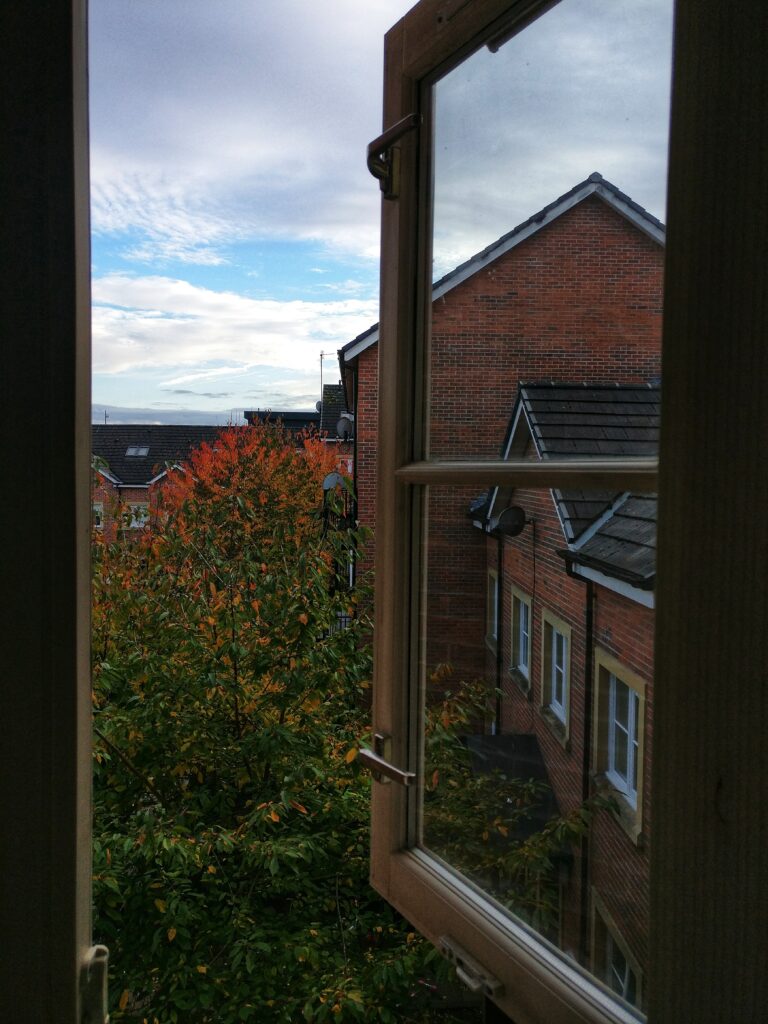
When thinking about your home’s security, it is all too easy to overlook outbuildings such as garages and sheds. It is especially important to properly safeguard your garage if it offers a secondary access point to your home. Even if your garage is a stand-alone structure, the chances are that you use it to store high-value items such as cars, bikes, tools and garden equipment. Make it a habit to always lock doors and windows, just like you would for your home.
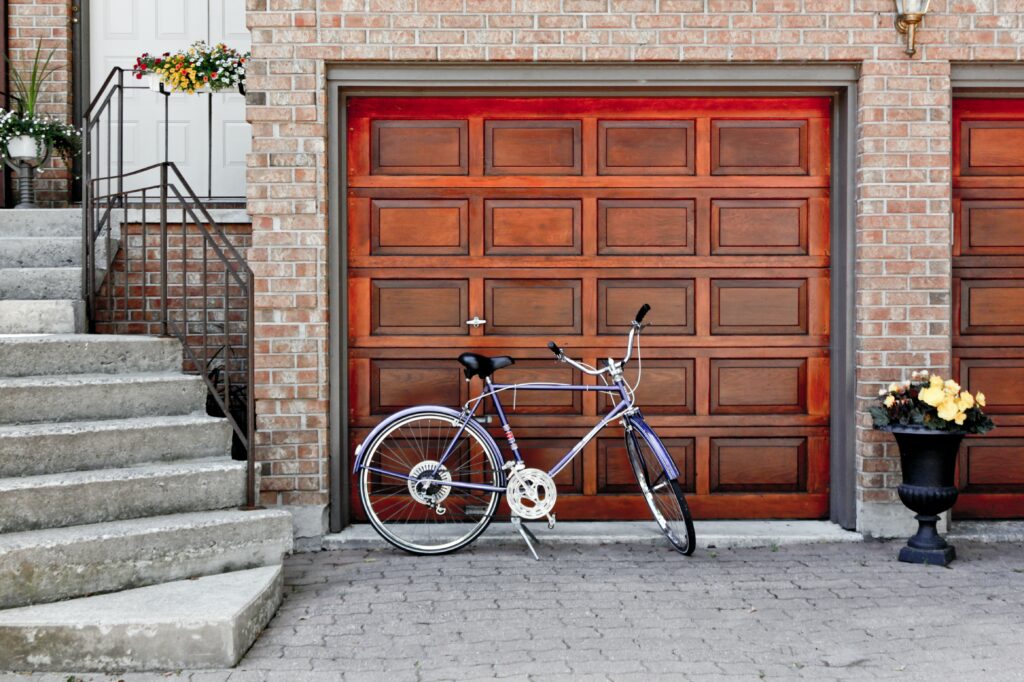
A good security system is a must for improving your home’s defences. There are a massive array of home security systems available to buy for all budgets, ranging from single-point entry systems to those that link up to police, automated video feeds and extras such as carbon monoxide alarms. Do make sure you choose a system you feel comfortable with however. Often homeowners can be scared-off by complex technology, leaving security systems disabled and homes unprotected.
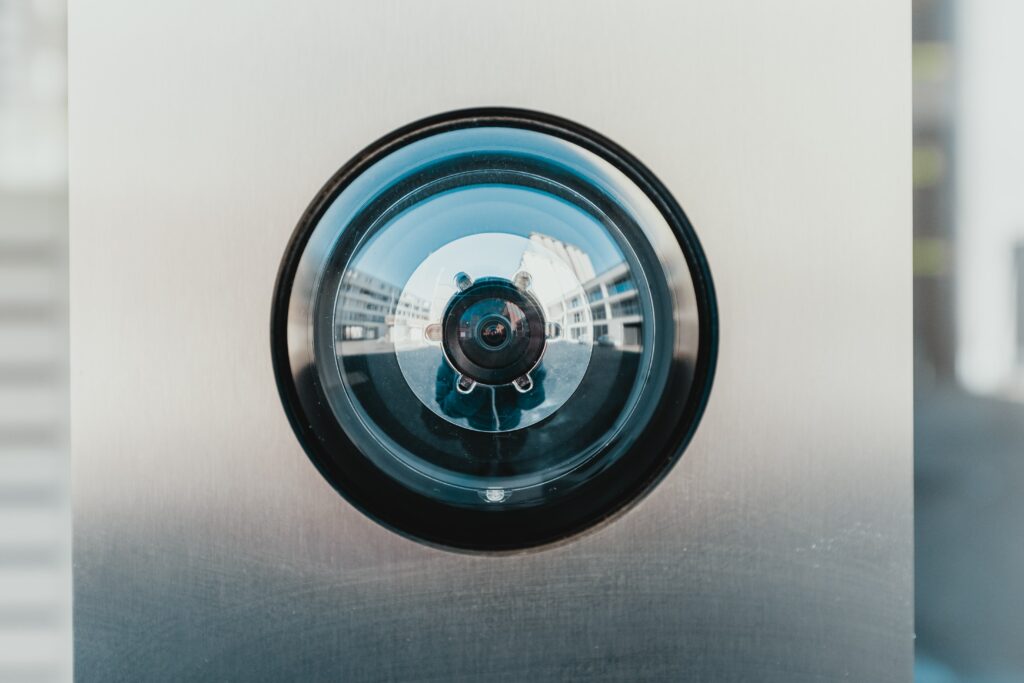
We don’t just mean friends and neighbours here! Have you considered your Wi-Fi network as another way for criminals to access your most private and valuable information? It may also allow control of smart home gadgets and even security systems. Your home’s wireless network should have a secure password, as well as anti-virus and anti-malware protection. You could also rename and hide your network as well as enable WPA (Wi-Fi Protected Access).
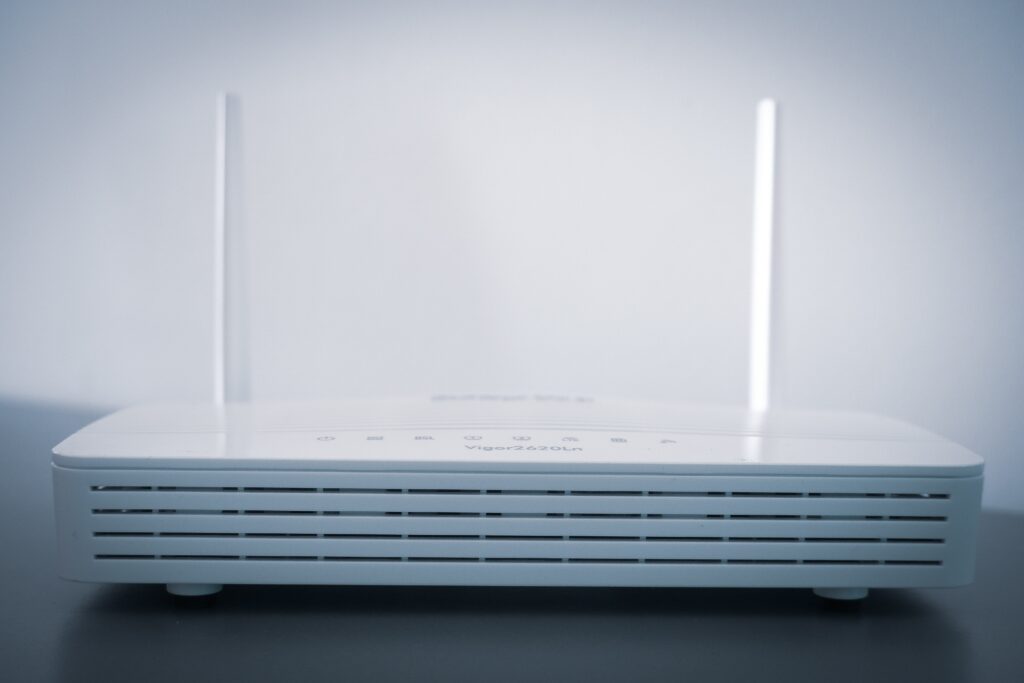
Door-step security cameras are becoming ever more popular, frequently attached to smart doorbells and advanced security systems. You can often view the footage in real time with a mobile app, with features such as motion detection, cloud storage and night-vision footage. Even if you are not directly targeted by criminals, your footage may help police identifying culprits who’ve trespassed on other properties. This will make your entire neighbourhood safer.
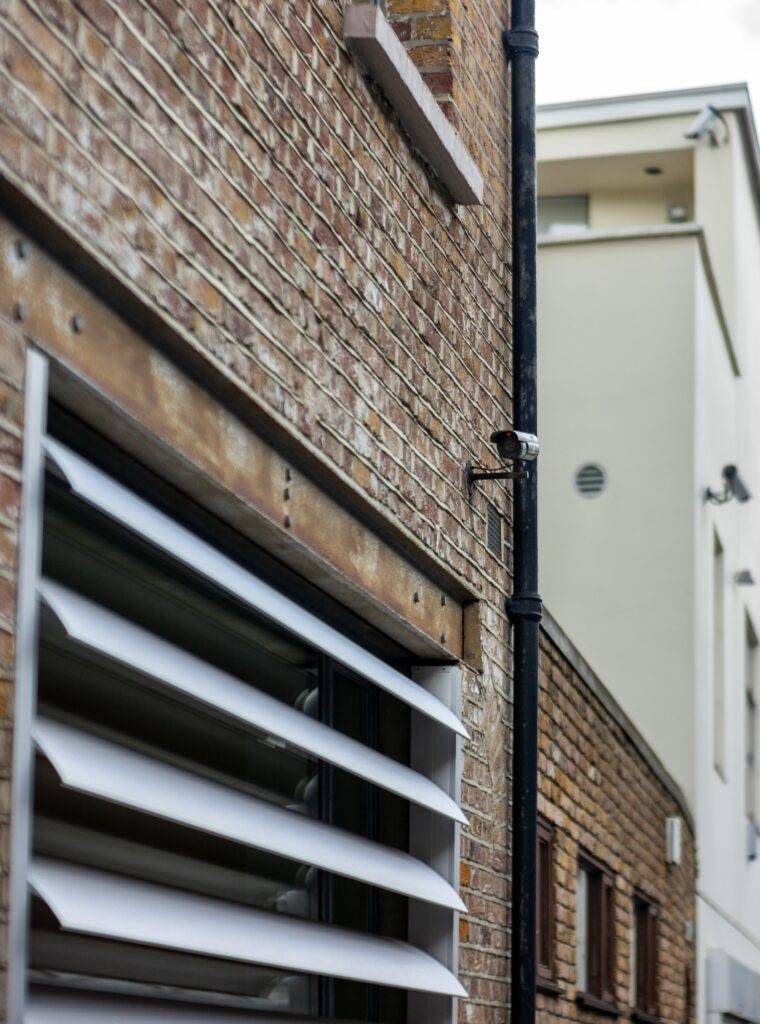
If the worst happens and intruders have entered your home – make sure they don’t have easy access to your most valuable possessions. Domestic safes are easy to purchase and can give you peace of mind that items such as jewellery, documents and passports are protected. Ensure that your safe is fire-resistant, waterproof, double-locked and importantly is heavy enough that thieves can’t simply pick it up!
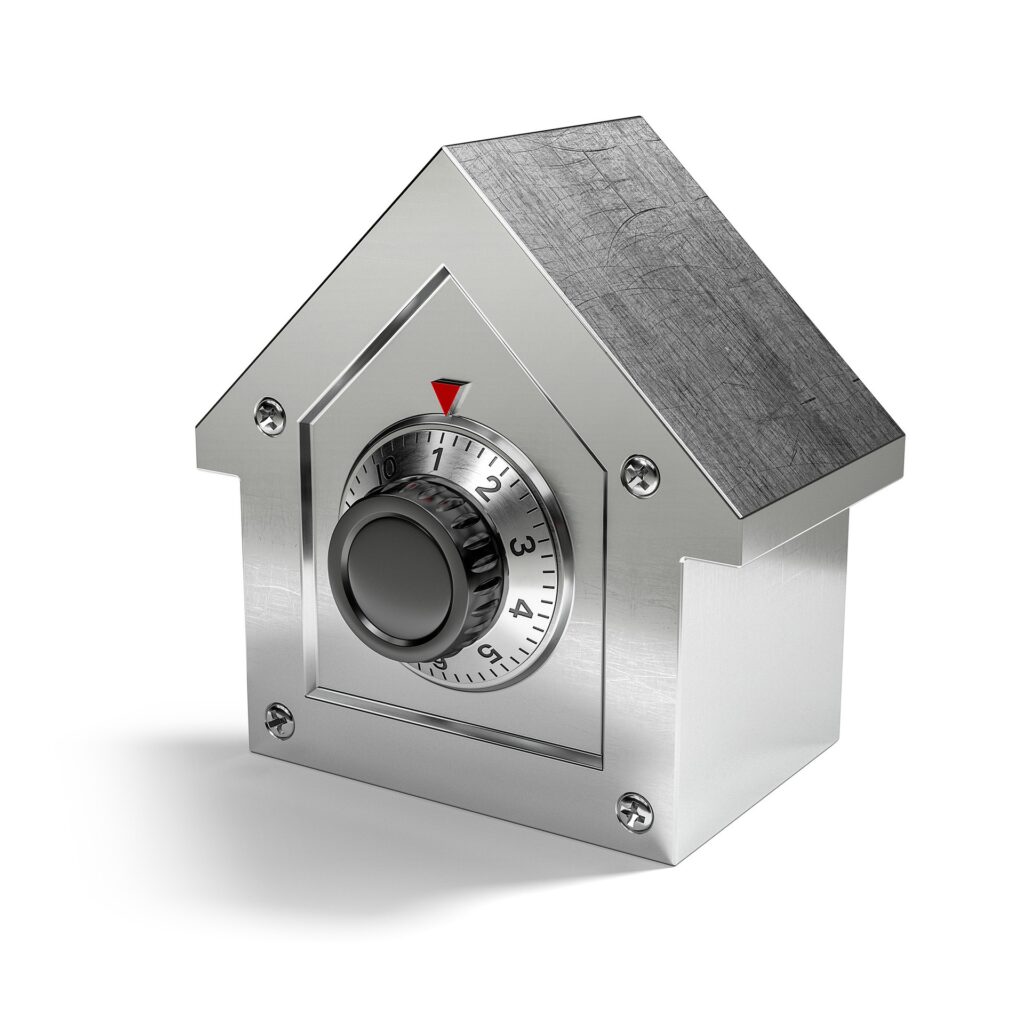
There are numerous options available for tech-savvy homeowners looking to improve their security. Home automation and smart-technology allows you to control many aspects remotely – such as lights, locks, alarms, cameras and even talk to people at your front door. Smart doorbells are a popular option, but other security measures include scheduling your television to turn on and off when you’re away from holiday and instant motion-triggered video feeds.
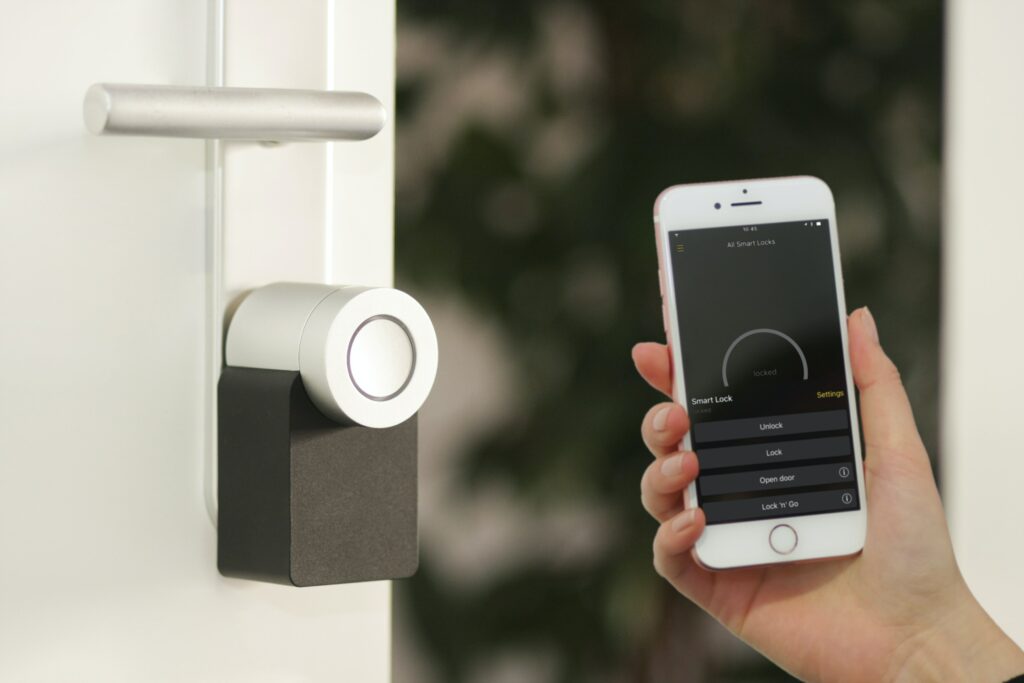
Last but not least, it may seem a low-tech option – but having a dog is one of the best ways of improving your home security. As well as a fantastic addition to the family (especially if you have young children), dogs will alert you to any intruders in your home. It is vitally important to only get a pet if it is right for your lifestyle, but do bear in mind bigger the dog and the louder the bark, the bigger the deterrent it poses to prospective burglars!
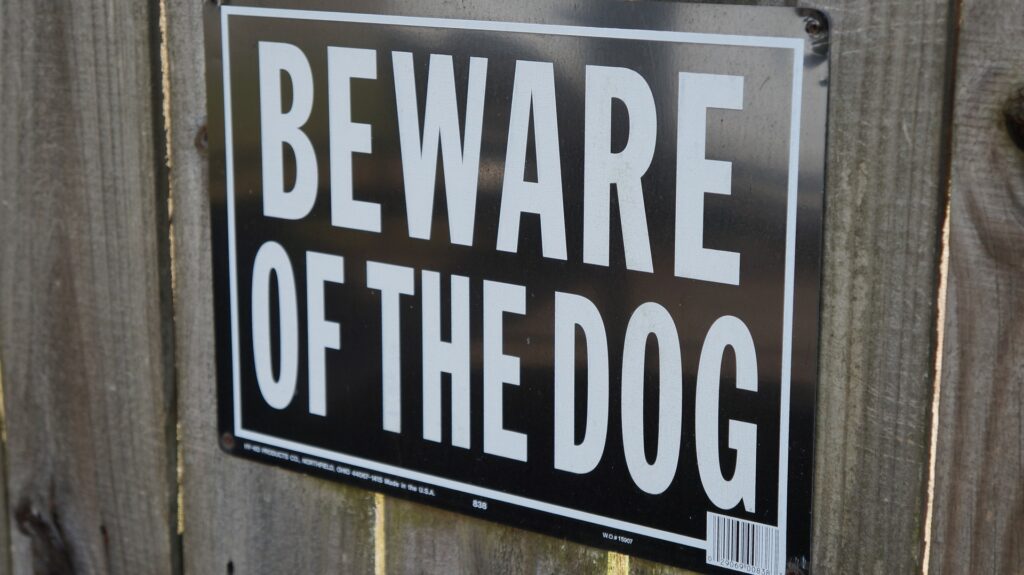
We specialise in helping you get more for your property. Quicker, easier and with less stress.
You can call us any time on 0333 016 5458 where we can provide help, guidance and support.
Instant valuation – get a free 32-page instant valuation report here
Video appointment – book a free, no-obligation 30-minute advice meeting with one of our experts here
Ready to instruct us? – locate and sign your agreement here